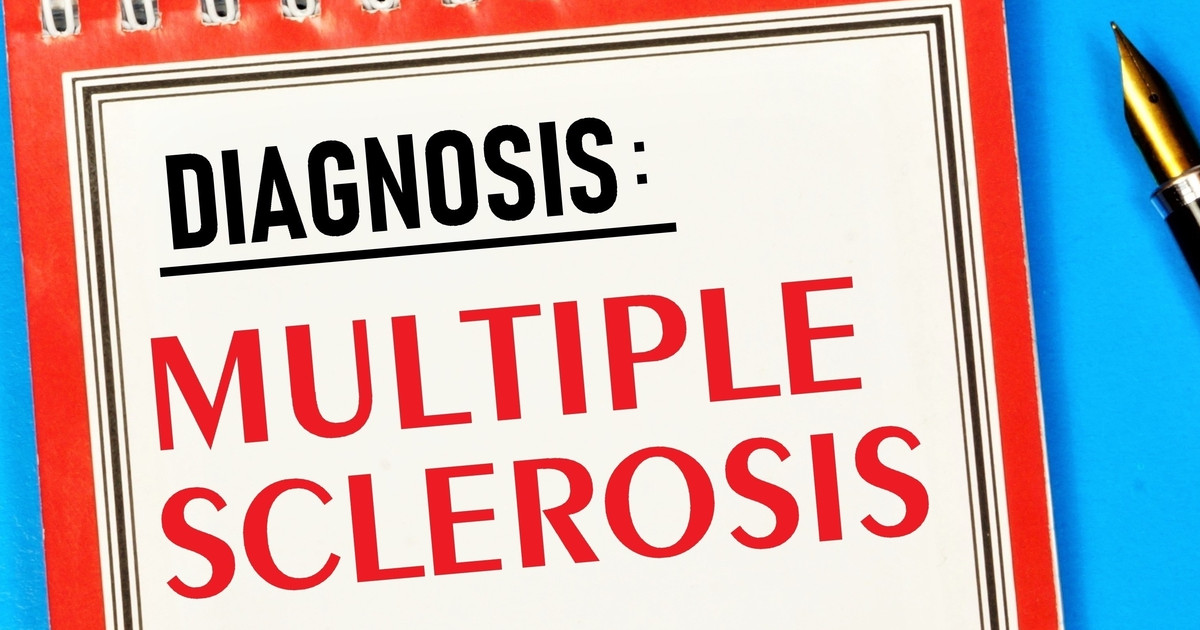Guide To The Most Common Autoimmune Diseases
Multiple Sclerosis

Multiple sclerosis is a devastating autoimmune disease. It affects the patient's central nervous system, particularly their brain and spinal cord, and causes the patient's immune system to mistakenly attack the myelin sheath. This is the sheath that protects nerve fibers. When it is damaged in this condition, patients will experience communication issues between their brain and other parts of their body. Multiple sclerosis is often progressive, meaning that over time it causes nerve deterioration and sometimes permanent damage. Symptoms include an unsteady gait, weakness or numbness in one or more limbs, pain or tingling in the body, vision problems, and electric shock sensations with certain movements.
The cause of this disorder is unknown, though there are many risk factors. Risk factors for multiple sclerosis include a family history of it, being a woman, the Epstein-Barr virus, and the presence of other autoimmune conditions. Examples of such autoimmune conditions include pernicious anemia and type 1 diabetes. Treatments may include injected and oral medications, physical therapy, plasmapheresis, and mobility aids.
